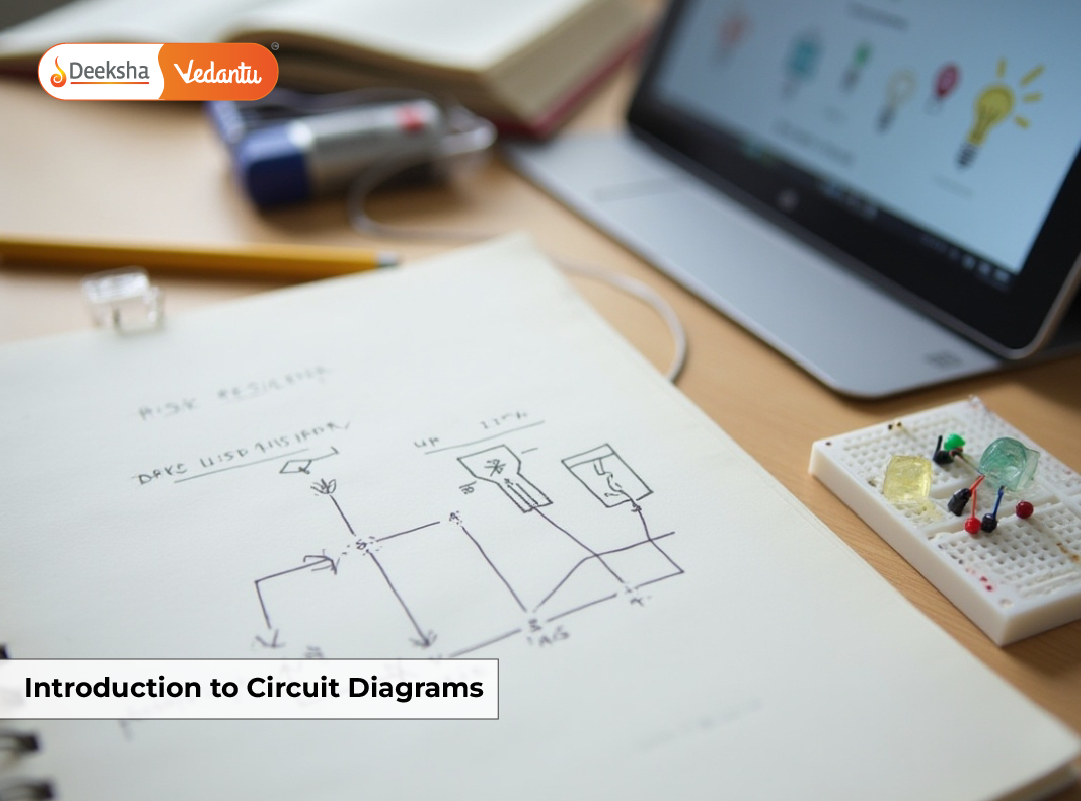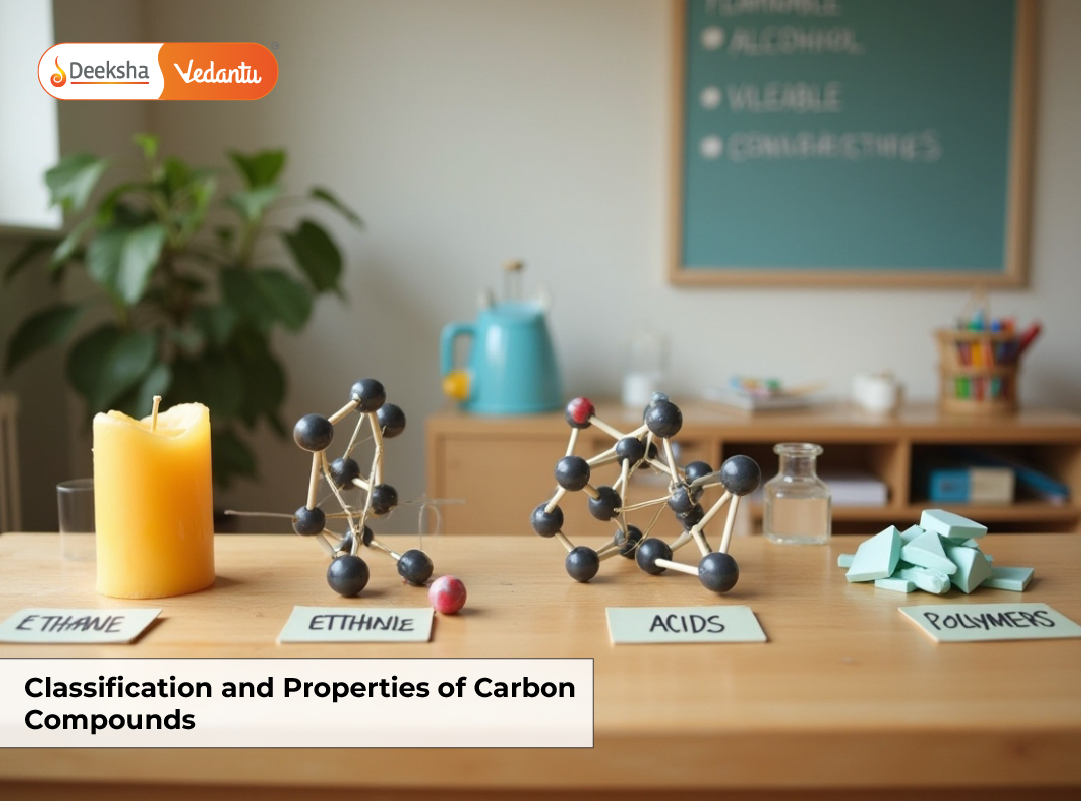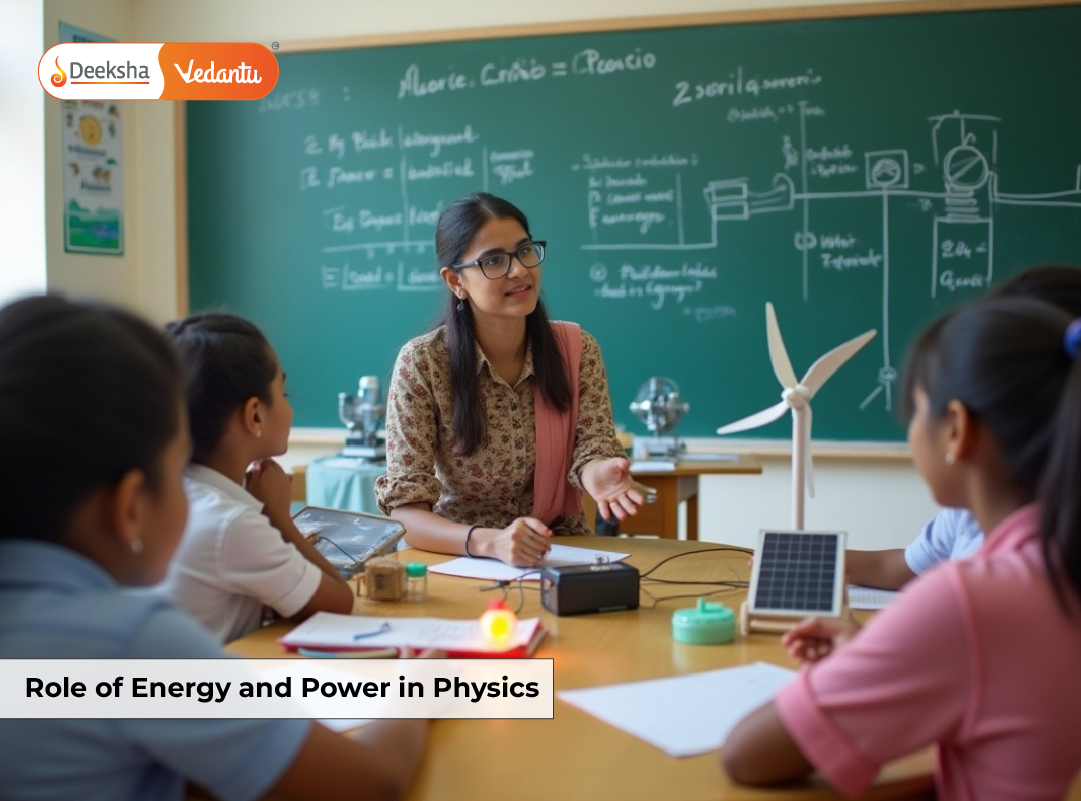Introduction to IJSO
The International Junior Science Olympiad (IJSO) stands as a remarkable annual event in the world of academia, specifically designed for the brightest young minds under the age of 15. This prestigious competition, celebrated for its focus on the natural sciences, brings together talented students from around the globe to demonstrate their mastery in physics, chemistry, and biology. IJSO not only challenges these young scientists through rigorous theoretical and practical examinations but also fosters an environment of international camaraderie and intellectual exchange. It’s an arena where passion for science is ignited, nurtured, and celebrated, offering a unique platform for students to showcase their scientific prowess and connect with peers who share similar interests. The IJSO’s emphasis on the core sciences provides a comprehensive and challenging experience, shaping the scientific leaders of tomorrow.
What is the International Junior Science Olympiad (IJSO)?
The International Junior Science Olympiad (IJSO) is a distinctive competition that brings together young scientific minds from across the globe. It is both an individual and team competition in the Natural Sciences, specifically targeted at students who are under sixteen years of age as of December 31st of the competition year. This age-specific focus makes IJSO a unique platform, primarily catering to a younger audience than most scientific Olympiads.
The IJSO was inaugurated in 2004 and has since become an annual event, each year hosted by a different country. This global competition has a rich history of fostering scientific excellence among youth. Its aim is to stimulate student interest in the sciences at an early age and to encourage them to pursue their passion in these fields as they continue their education.
Emphasizing the importance of subjects such as physics, chemistry, and biology, the IJSO plays a crucial role in promoting scientific education among young people. The competition not only tests their knowledge and understanding of various scientific concepts but also challenges their analytical and problem-solving skills. By providing a platform for bright young students to compete and collaborate internationally, the IJSO contributes significantly to the development of the next generation of scientists and innovators.
The global reach and impact of the IJSO highlight its importance in the international educational landscape, serving as an incubator for future scientific talent and a celebration of youthful curiosity and intellectual prowess.
Who is it for? (Eligibility Criteria)
The International Junior Science Olympiad (IJSO) targets a specific group of young students with particular eligibility criteria:
- Age Limit: Participants must be under 16 years old as of December 31st in the year of the competition.
- Interest in Sciences: The competition is ideal for students with a strong interest and aptitude in the natural sciences, including physics, chemistry, and biology.
- Academic Standing: Typically, participants are among the top students in their respective schools or regions in science subjects.
- Selection Process: Many countries have a national selection process to choose their representatives for the IJSO. This often involves competitive exams or assessments in the relevant science subjects.
These criteria ensure that the IJSO remains a highly competitive and prestigious event, attracting some of the brightest young scientific minds from around the world.
Competition Structure and Events
The International Junior Science Olympiad (IJSO) is structured to rigorously test the scientific knowledge and skills of its participants. The competition is divided into three main components:
- Theoretical Examination:
- Comprises multiple-choice questions.
- Includes a theoretical test covering topics in physics, chemistry, and biology.
- Practical Examination:
- Laboratory examinations in each scientific field.
- Tests practical skills and the application of scientific concepts in a lab setting.
- Problem-Solving and Critical Thinking:
- The competition challenges students to apply their scientific knowledge in problem-solving scenarios.
- It emphasizes critical thinking, requiring participants to analyze, synthesize, and apply their understanding in novel situations.
These components collectively evaluate not only the theoretical understanding of the students but also their practical abilities and problem-solving skills, making the IJSO a comprehensive assessment of a young scientist’s capabilities.
Preparing for IJSO
- Study Past Papers: Review previous IJSO exams to understand the format and type of questions asked.
- Understand the Syllabus: Familiarize yourself with the IJSO syllabus, focusing on physics, chemistry, and biology.
- Practical Lab Work: Engage in laboratory experiments to gain hands-on experience in scientific concepts.
- Join Study Groups: Collaborate with peers in study groups for a diverse learning experience and idea exchange.
- Find a Mentor: Seek guidance from a mentor or teacher who has experience in IJSO or related fields.
- Regular Revision: Dedicate time for regular revision to reinforce understanding and recall of scientific concepts.
- Mock Tests: Take mock tests under exam conditions to build exam temperament and time management skills.
- Focus on Weak Areas: Identify and work on areas of weakness to ensure a well-rounded preparation.
These strategies can help prospective IJSO participants to effectively prepare for the competition, covering all necessary areas to excel in both the theoretical and practical aspects of the Olympiad.
Registration Process
The registration process for the International Junior Science Olympiad (IJSO) involves several steps:
- Visit the Official Website: Teams interested in applying must visit the official IJSO website or their country-specific Olympiad website for detailed information.
- Submit Participation Request: First-time participants must submit a pre-registration request. For Indian teams, this is done through the Homi Bhabha Centre for Science Education (HBCSE) website.
- Pre-Registration: After submitting the initial request and receiving a password, teams proceed to pre-register online.
- Enter Participant Details: Log into the registration portal and submit detailed information for each team member.
- Final Registration: Complete the final registration by entering all required details of each participant.
- Pay Participation Fees: The participation fee varies for teams, observers, and visitors, and must be paid as per the guidelines provided in the invoice sent to participating countries.
- Documentation: Ensure all necessary documents are prepared and submitted as required by the registration process.
- Deadlines: Be aware of and adhere to all registration deadlines to ensure successful participation.
- Contact National Representatives: For specific country-related information and assistance, contact the national representatives of the IJSO in your country.
For detailed instructions and country-specific guidelines, it’s recommended to regularly check the official IJSO website and the respective national Olympiad websites.
Participating in the International Junior Science Olympiad (IJSO) offers a wealth of benefits for students passionate about science. It’s an opportunity to gain advanced knowledge in the natural sciences, going beyond the standard curriculum. The competition fosters a deeper understanding of complex scientific concepts and encourages practical application through its rigorous testing format.
The IJSO is not just an academic challenge; it’s a platform for experiencing international competition, where students interact with peers from around the world, sharing ideas and cultural perspectives. This global exposure broadens horizons and nurtures a sense of global scientific community.
Furthermore, the competition hones vital skills like critical thinking and problem-solving. Participants learn to approach scientific problems creatively, applying logical reasoning and scientific principles to find solutions. These skills are invaluable, not just in academics but in future career paths as well.
For students with a keen interest in science, the IJSO represents a unique and enriching opportunity. It challenges, inspires, and prepares them for advanced studies and careers in science. We encourage young science enthusiasts to seize this opportunity to showcase their talents on an international stage, setting the foundation for a future as innovators and leaders in the scientific world.
Table of Contents















Get Social